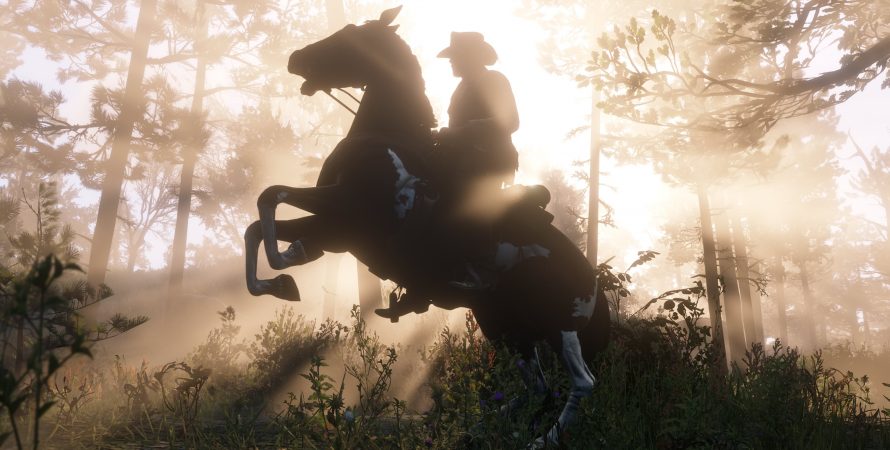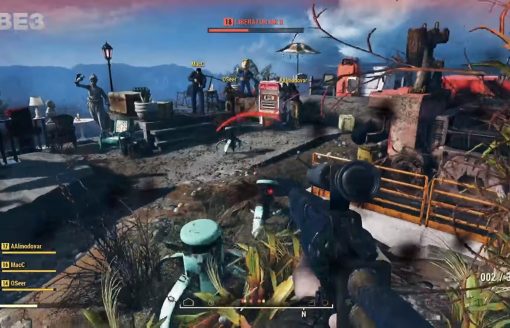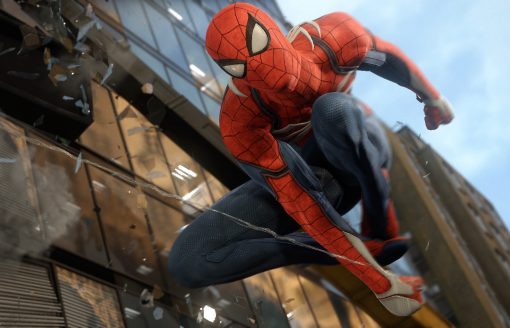In the days after the release of Red Dead Redemption 2, you could be forgiven for thinking the video game Oscars were fast approaching. The gushing and fawning was endless, with critics from Sydney to New York calling it ‘the best of 2022.’ It’s rare for console games to be hailed as masterpieces, so this one is clearly doing something special.
The question is, can Red Dead Redemption 2 be worthy of all this praise? Let’s find out in this Red Dead Redemption 2 review.
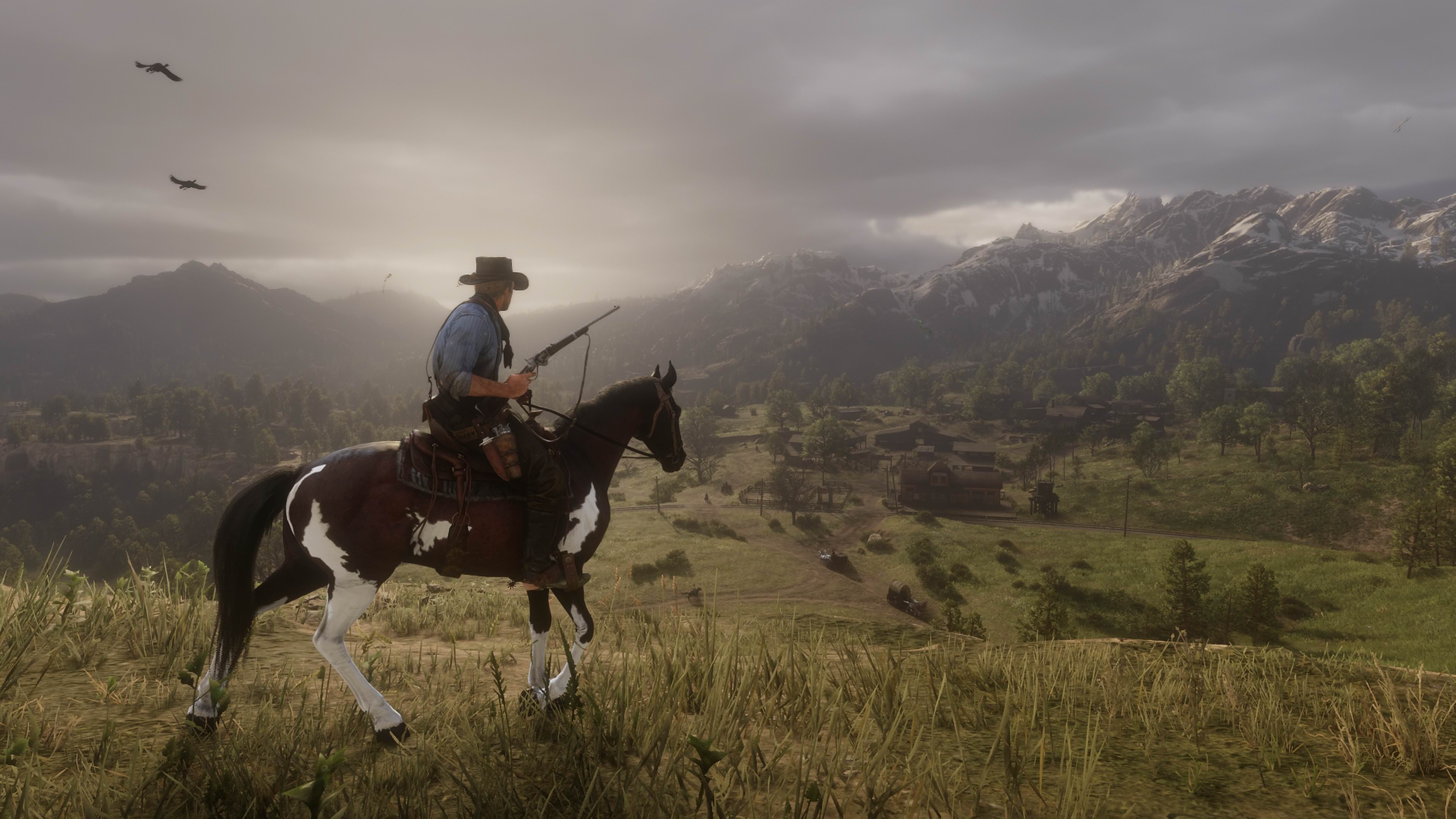
Firstly, the hype for this game has been insane. So, let’s deal with the elephant in the room. Yes, it’s ground breaking. Yet again, Rockstar has broken the mould. It has managed to create an epic that, arguably, feels as close to a feature film as it does a game. And perhaps the sweetest irony is that it’s this game (and not Grand Theft Auto) that feels like a new world.
The dusty, bucolic landscapes of Red Dead couldn’t be further from the mean streets of Los Santos, but they feel vital and alive. They combine to form a sprawling, remarkably detailed world. There are lots of people debating whether it’s Rockstar’s biggest map ever, but it doesn’t matter. It feels like a whole country, not just a city. What more could you want?
From the snowy peaks of Amborino to the dusty plains of New Hanover, the swamps of Lemoyne or the underbelly of St Denis, every region has a distinct character. Even those with little knowledge of 19th century America will recognise the areas being conjured up. South Carolina, New Orleans, Indiana: they’re all taken back to a time of cowboys, gunslingers and Wild West freedoms.
Once you start playing, it doesn’t take look to get distracted from the primary narrative. The tiniest of details pull you in until you’re chasing deer or marvelling at sunlit mesas instead of listening to other characters speak. It’s hard not to be entranced by oil shimmers in icy Annesburg, lamp flickers in Rhodes or the smog and smoke of St Denis. Is there any other game that compels you to take as much interest in Spanish moss as a tavern shootout?
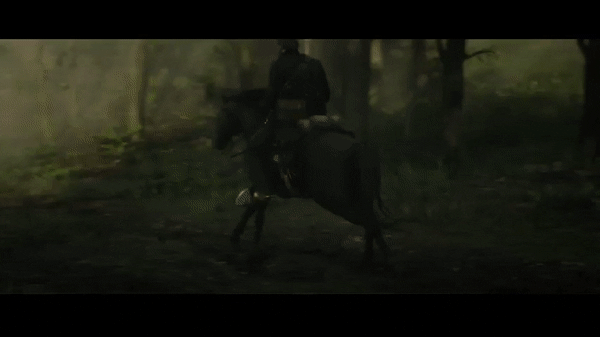
To call the world in Red Dead Redemption 2 ‘detailed’ is an understatement. However, it’s difficult to fully appreciate its complexity unless you’ve immersed yourself in it, so let’s use detailed for now. It took seven years to complete and there are questions as to whether it happened fairly (allegations of employee mistreatment), but boy can you see Rockstar’s passion for the project.
The game is permeated with a visual artistry and technical brilliance that ensures every journey (even the uneventful ones) is engaging. While Red Dead Redemption felt like it knelt on celluloid imaginings of the old west, this second instalment is more impressionistic. It evokes the visual spirit of a Turner or Bierstadt painting, with its sun streaked skies, softly whistling trees and hazy, rich dusks.
You may scoff at the hyperbole, but the textures of Red Dead Redemption 2 allow it to stand apart from rival games. Sunsets have been rendered impressively before. Rockstar has crafted lifelike cities for decades. But have you waded through mud that visibly sinks underfoot? Have you studied the leather of a saddle weathered in a different way each time your character visits the stable? This is a world with visual weight.
The realism comes at a cost, of course. Rockstar could have upped the visual drama without adding difficulty to the game, but it would have felt cheap. Instead, that intense physicality extends to every aspect of your character and his surroundings. It’s most evident when it comes to your horse, which is now more vulnerable. It dies easier and, when it does fall, it’s harder to bring it back.
I knew about this detail before I played the game and, yet, it still shocked me when I accidentally ran my horse off a cliff and it didn’t get back up. For many, it’s the first warning to take care in this new (old) world. It may look familiar, but this time the rules are different. Just like the real world, you can invest hours in a passion project or a pet. Don’t expect it to matter when you make a mistake though.
The horse you love might die. The money you earned might get robbed. You could get beaten for walking into the wrong pub. It’s cruel, but it means there’s a constant frisson about the gameplay. Even when you’re safe, you never feel completely safe. And Red Dead Redemption 2 is more exciting for it. If there’s a catch, it’s that this relentless realism makes the game tough, fussy and slow moving at times.
It has been the biggest criticism of the release so far; the fact every need must be cared for and, as a result, every action needs a system of play. With limited buttons and combinations to work with, the selection system feels clunky. I’ve been left fumbling for the right gun in a firefight on many occasions. Selecting and switching between items can be a fiddly process and it’s a shame, as it lets the game down sometimes.
The health and endurance meters, for example, don’t add much to the game. They apply to both you and your horse but feel like more of a distraction than anything else. I’ve played for over sixty hours and still don’t know what to offer my horse when some flashing red icons appear. It’s not tending to multiple meters that’s frustrating, it’s cycling through every item in your satchel and being no closer to identifying the need.
Luckily, it’s a frustration that stays minor. It will annoy you, maybe even see you throw a controller in anger (apologies to my neighbours), but it’s not enough to make you put it down and walk away. It almost feels like payment, a compensation for the fact the game is so bewilderingly accomplished everywhere else.
Critics have argued that it shouldn’t be this way. Even that the clunky system of play is an unforgivable error. It depends on your perspective. In my opinion, the fact that drawing a gun, politely greeting a stranger or not accidentally punching your horse (I pressed the wrong button, I swear) can be absurdly hard is a problem. It’s just worth tolerating for the exquisite beauty and elegance you’ll find elsewhere.
So, to the stories themselves. Again, such hyperbole can be difficult for the uninitiated to understand. However, it’s fair to say the narratives in Red Dead Redemption are as entertaining as ever. Every bit as colourful and engaging as those in Red Dead Redemption and Grand Theft Auto V, perhaps more so.
There’s the main storyline which follows the Van Der Linde gang and its lawless members as they fight and rob their way across America. It’s plenty fun, but everybody knows the wildest adventures in a Rockstar game are found, not assigned. They’re hiding in all four corners of this vast open world.
Whether it’s a gold prospector panning in the mountains, a snared bounty offering you cash to kill his captors or a mysterious serial killer leaving cryptic clues, every time you ride out, there’s a new story begging your attention. That’s without including the near two hundred animal species you can track, hunt, skin and use. The volume of ‘extra’ gameplay (in the form of side quests, challenges and ‘encounter’ missions) is simply staggering.
The main character is, let’s be honest, no John Marston. It’s hard to play Red Dead Redemption 2 and not come back to this. It’s a huge compliment to the world and storylines that Rockstar built in the first game. Arthur Morgan, though you grow to love him, just isn’t as fleshed out a character as Marston. He doesn’t evoke the same strength of emotion.
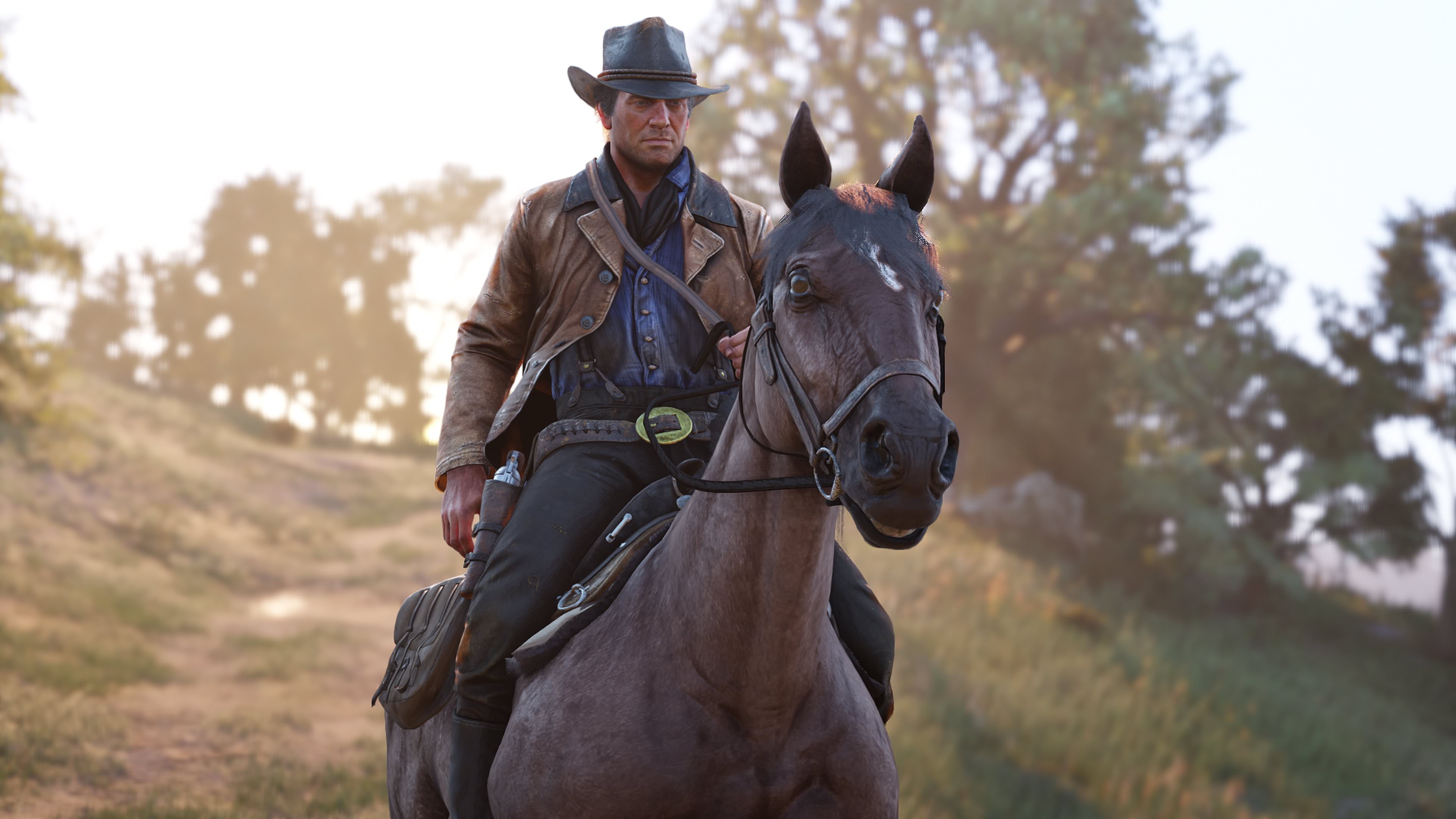
This could be due to the inclusion of a morality meter. Again, it’s interesting but it doesn’t add anything to the game. When it comes to Arthur, it means you’re constantly veering between vicious fights and robberies and helping blind beggars to safety. I appreciate being given the freedom to choose, but it doesn’t make a lot of sense. Arthur is part of a criminal gang, whose members rob and murder for a living.
What’s the point of trying to be moral if the main story requires your character to do very bad things?
Compared with the boundless freedom of the open map, the main storyline can feel a bit stifling. It’s both interesting and well crafted. I wouldn’t say any elements of the narrative feel lazy or particularly undercooked. They’re just, by their very nature, limiting. They stick rigidly to time worn systems, for example, heading out to a story location while the characters chat amongst themselves.
When you arrive, the inevitable shootout tends to involve lots of running around and a handful of quick time events. It’s not quite as immersive as you might expect. Cinematic for sure, but there’s plenty of room for improvement. With a game that offers so much freedom elsewhere, it’s annoying to see missions ruined because you can’t find the marks to trigger the next cut scene.
Again though, I have to come back to its brilliance in other areas. It’s not a perfect game, by any means. You’ll find yourself in awe of the fact Rockstar can create a world this intensely detailed AND give you gameplay so clunky you hit your horse while trying to feed it. What a strange dichotomy. I can’t help but wonder if it has been done purposefully as a misguided attempt to add realism. After all, Grand Theft Auto was never so unwieldy.
Intentional or not, it holds Red Dead Redemption back from being a true masterpiece. I’ve got to say, it comes close though. When you finally escape the rigidity of the main story, a magical world unfurls before you. It’s just you and your horse (if you can keep it alive), roaming free across forgotten landscapes, with the sense that anything could be out there.
This could be due to the inclusion of a morality meter. Again, it’s interesting but it doesn’t add anything to the game. When it comes to Arthur, it means you’re constantly veering between vicious fights and robberies and helping blind beggars to safety. I appreciate being given the freedom to choose, but it doesn’t make a lot of sense. Arthur is part of a criminal gang, whose members rob and murder for a living.
What’s the point of trying to be moral if the main story requires your character to do very bad things?
Compared with the boundless freedom of the open map, the main storyline can feel a bit stifling. It’s both interesting and well crafted. I wouldn’t say any elements of the narrative feel lazy or particularly undercooked. They’re just, by their very nature, limiting. They stick rigidly to time worn systems, for example, heading out to a story location while the characters chat amongst themselves.
When you arrive, the inevitable shootout tends to involve lots of running around and a handful of quick time events. It’s not quite as immersive as you might expect. Cinematic for sure, but there’s plenty of room for improvement. With a game that offers so much freedom elsewhere, it’s annoying to see missions ruined because you can’t find the marks to trigger the next cut scene.
Again though, I have to come back to its brilliance in other areas. It’s not a perfect game, by any means. You’ll find yourself in awe of the fact Rockstar can create a world this intensely detailed AND give you gameplay so clunky you hit your horse while trying to feed it. What a strange dichotomy. I can’t help but wonder if it has been done purposefully as a misguided attempt to add realism. After all, Grand Theft Auto was never so unwieldy.
Intentional or not, it holds Red Dead Redemption back from being a true masterpiece. I’ve got to say, it comes close though. When you finally escape the rigidity of the main story, a magical world unfurls before you. It’s just you and your horse (if you can keep it alive), roaming free across forgotten landscapes, with the sense that anything could be out there.

